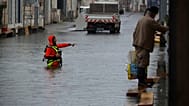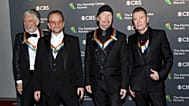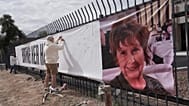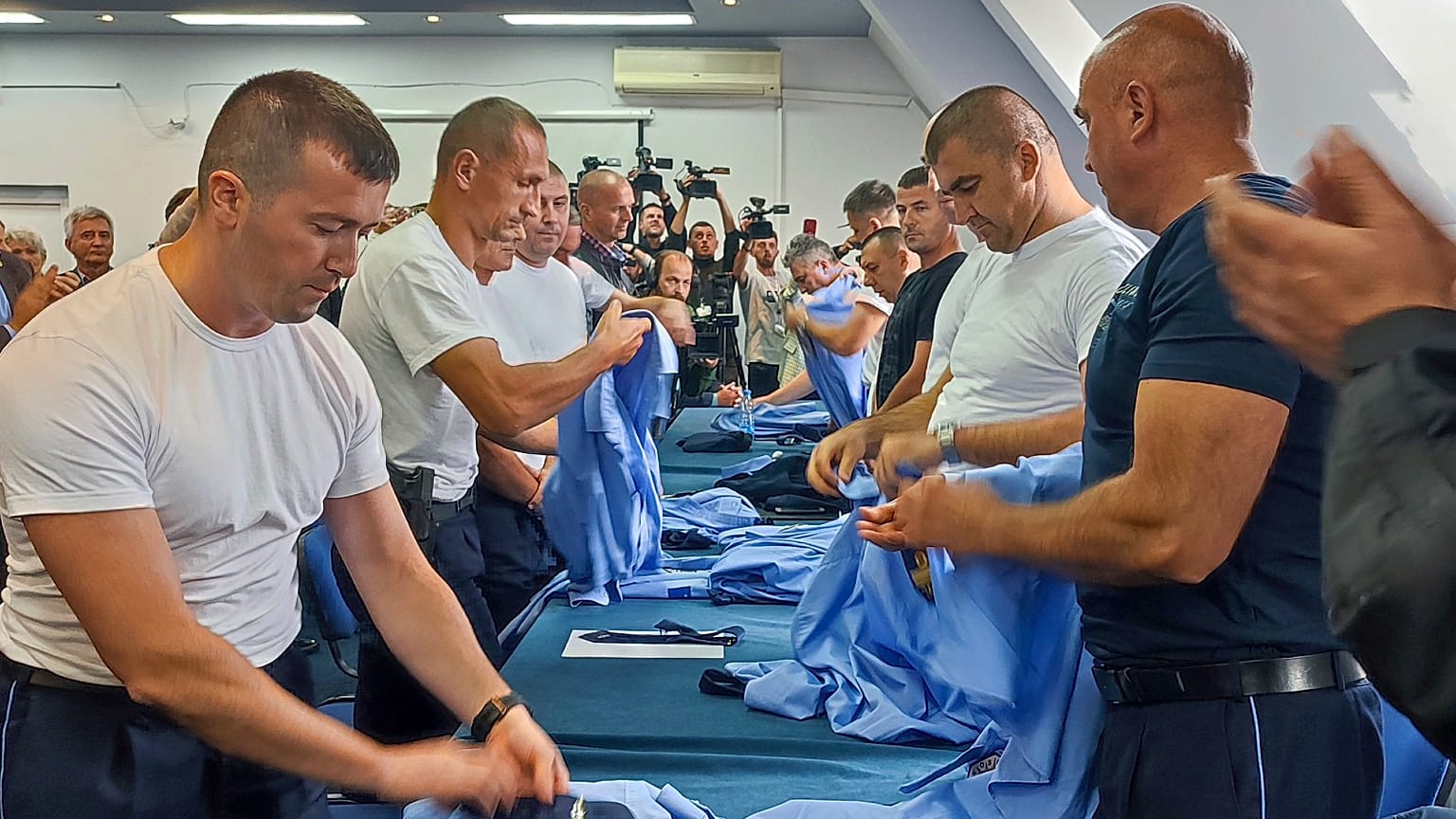"Serbia will stop issuing licence plates with Kosovo cities’ denominations and Kosovo will cease further actions related to re-registration of vehicles," the EU's top diplomat said.
The leaders of Serbia and Kosovo reached an agreement to end their dispute over licence plates, according to the European Union's top diplomat.
 ADVERTISEMENT
ADVERTISEMENT
 ADVERTISEMENT
ADVERTISEMENT
"We have a deal," said the EU's high representative for foreign affairs Josep Borrell in a tweet on Wednesday.
The most recent rise in tensions between the two sides is over Kosovo's plan to begin fining thousands of motorists who currently have Serb-issued licence plates.
The move angered Serbs in northern Kosovo who, like Belgrade, do not recognise Kosovo's 2008 declaration of independence from Serbia. Many people have resigned from public institutions to protest the new provision, including hundreds of police officers.
The deal announced by Borrell appeared to be similar to the agreement Serbian President Aleksandar Vučić and Kosovo Prime Minister Albin Kurti failed to reach on Monday.
Borrell said that Serbia agreed to stop issuing licence plates with Kosovo cities' denomination on them while Kosovo would "cease further actions related to re-registration of vehicles."
"This is an important achievement," he stressed in a video statement. "I will invite the parties in the coming days to discuss the next steps."
Kurti had previously suspended the plan to fine motorists for 48 hours due to a request by the United States.
Kosovo's President Vjosa Osmani meanwhile thanked the US in a tweet on Wednesday "for their active engagement in reaching today’s deal in Brussels."
Osmani had accused Borrell of bias over his statement singling out Kosovo for the breakdown of the deal on Monday.
Borrell had criticised the leaders on Monday for failing to reach a deal, stating that he would inform EU countries and their international partners about "the unconstructive behaviour of parties and complete lack of respect for their international legal obligations, and this goes in particular for Kosovo."
Washington welcomed the agreement, with State Department spokesman Ned Price, stating that "the two parties took a giant step forward today, with EU facilitation, towards assuring peace and stability throughout the region."
"The United States applauds the constructive negotiations and encourages further progress towards normalisation of relations," he added.
The issue of Kosovo’s independence sparked a 1998-99 war in which about 13,000 people died. Serbia launched a brutal crackdown to curb a separatist rebellion by the territory’s ethnic Albanians. NATO bombed Serbia in 1999 to end the war.
The EU-backed Belgrade-Pristina Dialogue, which is aimed at normalising relations between the neighbours and former foes in the Western Balkans, has been at a virtual standstill for years and prompted fears that violence could flare up again.
France and Germany had sought to reinvigorate the dialogue over the past few months, by supporting the latest EU proposal.
Besnik Bislimi, Kosovo's First Deputy Prime Minister and chief negotiator said that "after today's agreement, we should continue our intensive talks on the proposal of EU, backed by Germany and France, for full normalisation of relations."
Petar Petković, Serbia's chief negotiator, meanwhile said they had "saved KM plates".
He conceded however that Serbia will not issue "completely new KM plates", stressing that "in the last three years no new KM plates have been issued."
"We managed to preserve peace and stability," he went on. "The dialogue and talks continue and that is the most important thing because we need to move in the direction of normalising relations, above all normalising relations on the ground when it comes to normal life and the life of all people."
Both Belgrade and Pristina have put in bids to become EU member states but neither is likely to join the bloc while their dispute remains unresolved.














